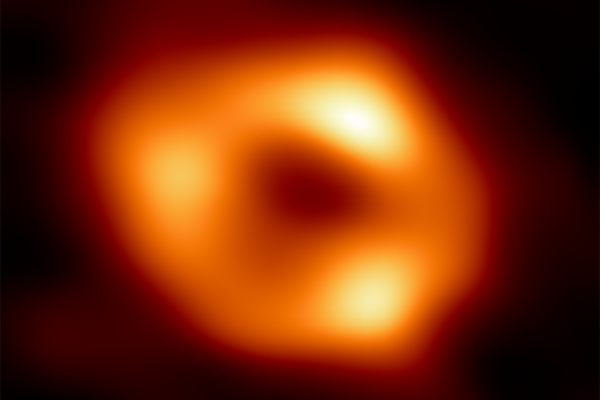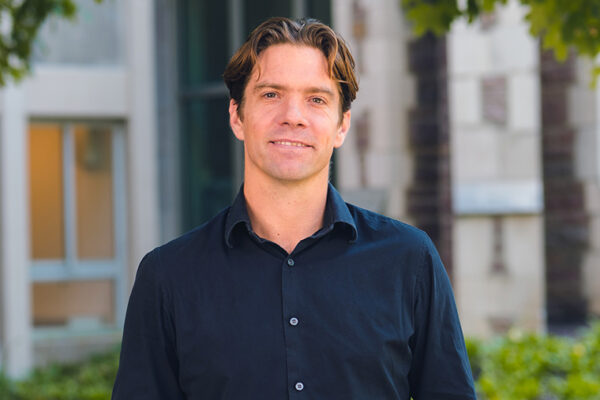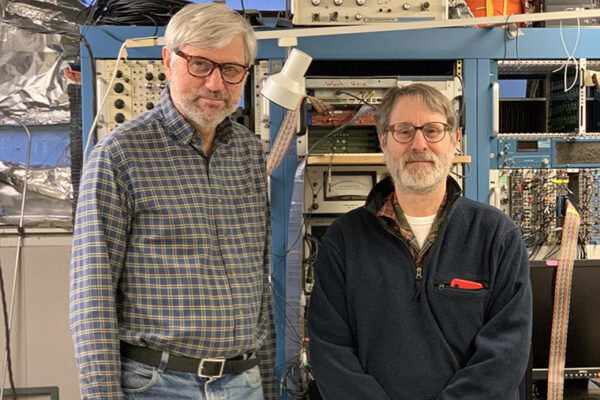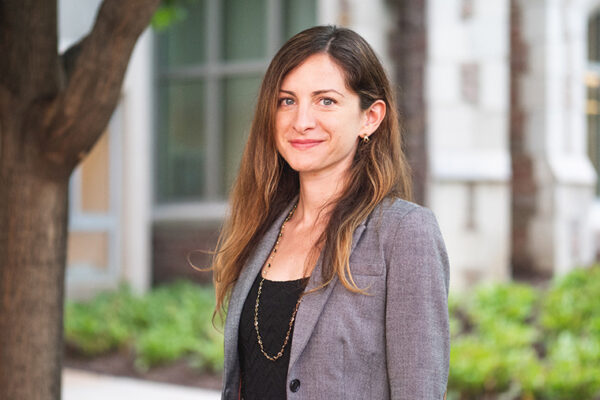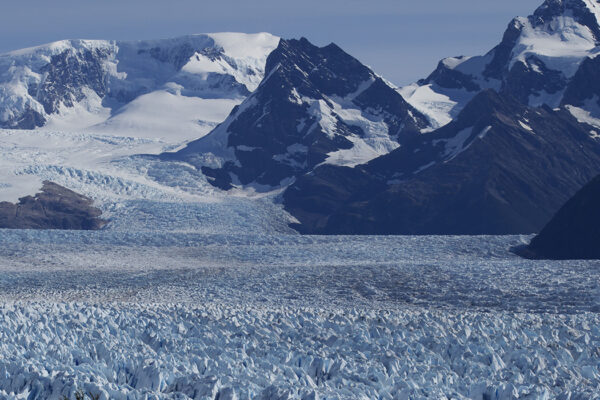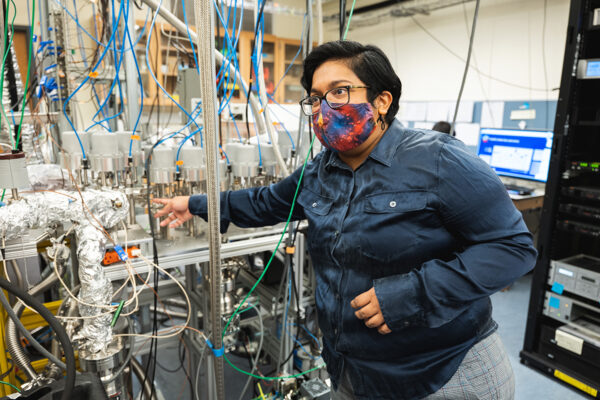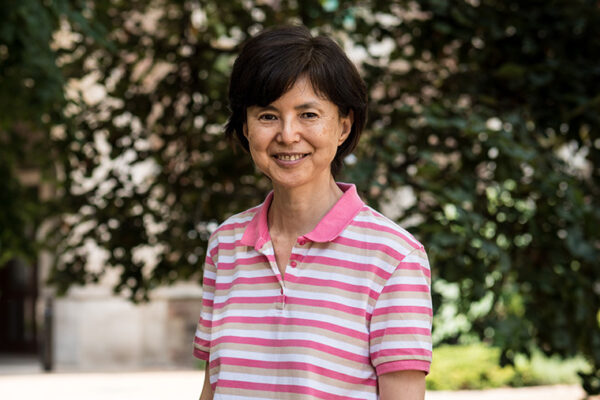Astronomers unveil first image of Milky Way’s black hole
Michael Nowak, research professor of physics in Arts & Sciences, is part of the global research team that shared the first image of the supermassive black hole at the center of our own Milky Way galaxy.
Neon ice shows promise as new qubit platform
Kater Murch, professor of physics in Arts & Sciences, helped an Argonne Laboratory team with their effort to create a new form of qubit, reported in a recent Nature paper. This system shows great promise to be developed into ideal building blocks for future quantum computers.
Novel particle detector used to study alternate path to carbon creation in stars
A team that includes Lee Sobotka and Robert Charity, both in Arts & Sciences, concluded that the role that neutrons play in the creation of carbon, considered the definitive building block of life, is much smaller than previously thought.
Changes in vegetation shaped global temperatures over last 10,000 years
Alexander Thompson, a postdoctoral research associate in earth and planetary sciences in Arts & Sciences, updated simulations from an important climate model to more accurately reflect the role of a greener Sahara and the coniferous and deciduous forests of the mid-latitudes and the Arctic.
Konecky launches new program to support diversity in the geosciences
With the support of the David and Lucile Packard Foundation, climate scientist Bronwen Konecky in Arts & Sciences is piloting a new program to attract and support underrepresented students in the geosciences and prepare them for further studies and careers in the field.
Seismic study reveals key reason why Patagonia is rising as glaciers melt
Douglas Wiens in Arts & Sciences led one of the first seismic studies of the Patagonian Andes, where glaciers are melting at some of the fastest rates on the planet. The team discovered and described a key link between ice mass loss, uplift and a gap between tectonic plates.
Parai wins CAREER grant to study geochemistry of the deep Earth
Rita Parai, assistant professor of earth and planetary sciences in Arts & Sciences, will use a National Science Foundation CAREER award to leverage new techniques to measure heavy noble gases in ocean island basalts from the Azores archipelago.
Murch wins naval research grant
Kater Murch in Arts & Sciences and collaborators at Indiana University-Purdue University Indianapolis won a $750,000 grant from the Office of Naval Research.
Tug of sun, moon could be driving plate motions on ‘imbalanced’ Earth
A new analysis led by geophysicist Anne M. Hofmeister in Arts & Sciences provides an alternative to the mantle convection hypothesis. The study is published in a special paper of the Geological Society of America.
Amari wins NASA grant
Sachiko Amari, research professor in the Department of Physics in Arts & Sciences, received a $973,810 award from NASA.
Older Stories
